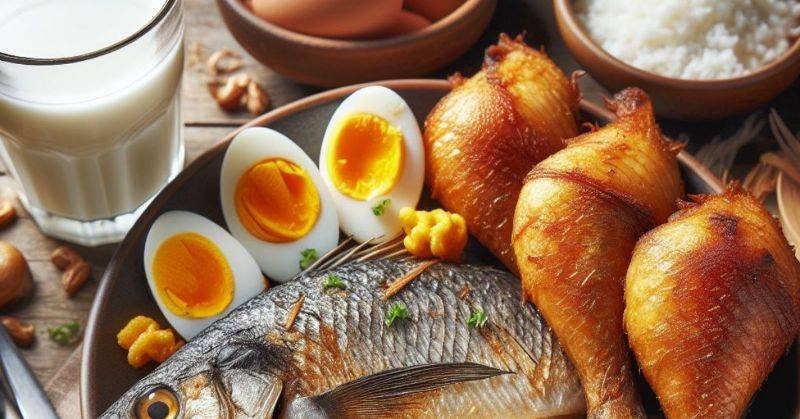
Table of Contents
A high protein and low carbohydrate diet entails cutting down much of the carbs expected in a meal in exchange for more proteins. Such diets usually contain amounts of protein way higher than the recommended daily allowance and with higher fat contents.
There are 3 macronutrients in meals namely carbs, proteins, and fats. There is a recommended percentage of your daily calorie intake that has to come from each of these nutrients in a normal diet, as published in the National Library of Medicine (NLM)1 as shown below:
- Carbohydrates: 50 – 55%
- Proteins: 20%
- Fats: 25 – 30%.
You are on a high protein and low carbohydrate diet if more than 35% of your daily calorie intake comes from proteins and less than 25% comes from carbs. From the figures given above, you will realize a high protein and low carbohydrate diet is expected to almost double the percentage of your daily calories you get from protein while halving that for carbohydrates.
It might interest you to know that some diets touted to be high in proteins and low in carbs don’t meet the criterion for high-protein meals.
In previous articles we discussed how much protein women need, determining your protein need by age, and if protein can help with weight loss.
In this article we will throw some light on the benefits and risks of high protein and low carb meals, how they impact weight loss goals, and the result of combining such meals with intermittent fasting.
Do keep in touch by signing up for our newsletter:
10 Foods high in protein and low in carbs.
Macronutrients, when consumed in the right balanced ratios, are necessary for your optimal physical and mental health. However, there are situations when you may want to alter this balance for certain objectives like weight gain, weight loss, or better body composition.
If you are looking to gain weight, carbs (especially those from processed foods) are your best bet but they are not kind to diabetics and those at risk of it. Though proteins are not an ideal choice for weight gain, certain protein drinks like shakes with added sugars and full cream milk, can help you gain weight as described in a previous article you may want to read.
Being on a calorie deficit is a standard principle of weight loss. However, a high protein and low carbohydrate diet helps you lose weight through several physiological processes as discussed in an earlier article you may want to read up.
Taking high protein and low carb diets while on a calorie deficit gives a great boost to your weight loss goal. It also improves your body composition tremendously as you shed fat mass and improve on free fat mass.
You can achieve a high protein and low carbohydrate diet by adding more of the following foods to your meals:
1. Meat: They may lack fibers and are low in carbs but are a major source of protein in our diets. They include all sorts of meat from any source but in this context, it refers to those often categorized as red meats which may not be healthy for people with certain health conditions.
2. Poultry: These are meats you get from birds eaten for food. They are usually categorized as white meat and are a healthier choice for meat lovers than red meat.
3. Fish: They are meat from aquatic sources and, like poultry, fall in the category of white meats.
4. Eggs: These are rich in protein plus other nutrients and vitamins but low in carbs or calories. The amount of protein you get from an egg depends on the size of the egg. On average, eggs contain about 6 – 7g of protein as covered in another article you may want to read.
5. Edible insects: These include crickets, grasshoppers, mealworms, Buffalo worms, etc. They are very rich in protein which makes up as much as 35 – 60% of their dry weight or 20 – 25% of their fresh weight as published by the National Institute of Health (NIH).2
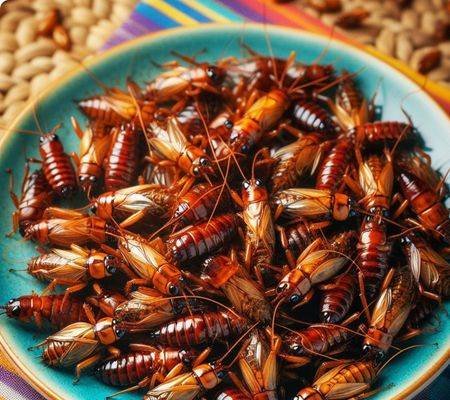
6. Almonds: They are one of the best sources of plant-based or non-animal proteins. The milk is a healthy alternative to dairy milk and can be used in preparing protein shakes as discussed in a previous article. You may want to check out a step-by-step guide on using almond milk for protein shakes.
7. Peanuts: Whether taken as peanuts or peanut butter, it is a great source of protein and other nutrients. 100g of peanut butter contains as much as 25g of protein. You may want to take a look at a table of the full nutrient profile of peanut butter from a previous article.
8. Dairy products: Like milk.
9. Mycoprotein: This is a food-grade protein derived from a fungus with a meat-like texture called Fusarium venenatum and has been in use since 1885 as published in the National Institute of Health (NIH).3
10. Soybeans: It’s a major crop grown in Brazil. They are high in protein and fiber but low in carbs and saturated fats.
High-protein, low-carb diet benefits.
A high protein, and low carb diet offers you very much all the benefits of adequate protein intake in addition to what to expect from low car consumption. However, there are risks to this if the amount of protein being consumed exceeds a daily maximum which will be discussed in the subsequent section.
Weight loss: Weight loss ranks the number one benefit of high protein, low-carb diets for obvious reasons. Obesity distorts what can be described as ideal physical appearance and it’s so obvious to everyone that the majority of people are out to do what it takes to look fit and socially more appealing. You can find out the 6 main ways by which a high protein intake helps you lose weight as covered in a previous article.
Improvement of body composition: While much of your protein intake goes into muscle protein synthesis, the low-carb diet forces your system to rely on the fat stores in your body for energy. This improves your body composition through a gradual depletion of your fat mass and an increase in free fat mass or lean body weight.
Preservation of Muscle mass: During normal weight loss while on calorie deficit, there is a natural tendency for a drop in muscle mass. A high protein intake at such times ensures the preservation of your muscle mass.
Immunity boost: Part of the protein you ingest is needed for making antibodies with which your body combats infections. An adequate protein diet ensures your body has enough building blocks to make antibodies without compromising all other uses of proteins.
Weight maintenance: Carbs are the main drivers of weight gain. After successfully losing weight, keeping net calorie intake or carbohydrate consumption in check is essential to maintain a healthy weight. High protein intake helps you feel fuller for much longer which makes you eat less or consume fewer calories.
Blood sugar control: Carbs, especially simple sugars can offset your blood sugar levels. A high-protein but low-carb meal is a diet of choice for those struggling with blood sugar control. It gives you a feeling of satiety without consuming so much carbohydrates.
Prevention of sarcopenia: As people age they tend to lose muscle mass which also drives down their metabolic rate. Protein absorption in the elderly is not as efficient as in young people. High protein intake helps offset this inefficiency in absorption and helps prevent sarcopenia or maintain a healthy muscle mass according to the Journal of Post-Acute and Long-Term Care Medicine.4
Side effects of high-protein, low-carb diet.
There are side effects in taking too much protein than your body needs. A high protein diet may or may not mean the amount of protein consumed is excessive. When a high protein but low carb diet doesn’t provide an amount of protein above your maximum daily allowance, the side effects will mostly come from your low calorie/carb consumption.
However, when the protein consumed in a high protein, low carb diet is more than the maximum daily intake, the side effects will be a combination of what you get from taking too much protein in addition to the effects of low carbohydrate consumption.
The side effects when the protein consumed is below the maximum daily allowance.
As stated earlier, the side effects will come from taking much less carbs than your body needs. You should expect effects such as:
- Weight loss as fat stores get depleted,
- Fatigue,
- Lack of energy for physical activities or workouts,
- Use of ingested proteins for energy thereby reducing the availability of protein for other functions.
The side effects when the protein consumed is above the maximum daily allowance.
When the amount of protein is more than the maximum daily allowance of 3.5g per kilogram of body weight per day, you will stand a risk of protein toxicity plus other symptoms of excess protein consumption such as:
- Kidney stones,
- Cancer,
- Risk of heart disease,
- Constipation,
- Nausea,
- Indigestion, and
- Death.
You may want to read up on 15 symptoms of what happens if too much protein is consumed as listed in another article.

High protein low carb diet for weight loss.
High protein diets offer you weight loss as a benefit and when you combine it with a low-carb diet the weight loss effect can be even more effective. So effective that you may not need workouts to keep shedding the extra pounds you want to lose.
However, depending on how high the protein is or how low the carb is, this diet may give a couple of serious or minor symptoms you should be aware of as discussed in earlier sections of this article. A high protein low carb diet can pass for a medical weight loss diet on a good day.
High protein low-carb diet with intermittent fasting.
Intermittent fasting has a lot of benefits especially when it comes to weight loss. However, a high protein low-carb diet is like traveling at jet speed to achieve your weight loss objectives.
I do recommend this for obese patients struggling with weight loss. Medical weight loss may involve weight loss pills and injections that help you lose weight. As effective as they are, they have known side effects worth considering.
Where a high protein diet and low carbohydrate diet fail to help you lose weight, bringing intermittent fasting on board may give you the result you’ve been yearning for. This may turn out to be the natural weight loss solution that prevents you from turning to pills and injections to help you lose weight.
So that’s it on this topic. Feel free to use the comment section for any questions you may have regarding this topic and see you in the next one.
References.
- Faizan U, Rouster AS. Nutrition and Hydration Requirements In Children and Adults. [Updated 2023 Aug 28]. In: StatPearls [Internet]. Treasure Island (FL): StatPearls Publishing; 2024 Jan-. Available from: https://www.ncbi.nlm.nih.gov/books/NBK562207/
↩︎ - Kim, K., Yong, H. I., Kim, B., Kim, W., & Choi, S. (2019). Edible Insects as a Protein Source: A Review of Public Perception, Processing Technology, and Research Trends. Food Science of Animal Resources, 39(4), 521-540. https://doi.org/10.5851/kosfa.2019.e53 ↩︎
- A Finnigan, T. J., Wall, B. T., Wilde, P. J., Stephens, F. B., Taylor, S. L., & Freedman, M. R. (2019). Mycoprotein: The Future of Nutritious Nonmeat Protein, a Symposium Review. Current Developments in Nutrition, 3(6). https://doi.org/10.1093/cdn/nzz021 ↩︎
- Jürgen Bauer, MD, Gianni Biolo, MD, PhD, Tommy Cederholm, MD, PhD, Matteo Cesari, MD, PhD, Alfonso J. Cruz-Jentoft, MD, John E. Morley, MB, BCh, Stuart Phillips, PhD, Cornel Sieber, MD, PhD, Peter Stehle, MD, PhD, Daniel Teta, MD, PhD, Renuka Visvanathan, MBBS, PhD, Elena Volpi, MD, PhD, Yves Boirie, MD, PhD. (2013) Evidence-Based Recommendations for Optimal Dietary Protein Intake in Older People: A Position Paper From the PROT-AGE Study Group. VOLUME 14, ISSUE 8, P542-559, DOI:https://doi.org/10.1016/j.jamda.2013.05.021 ↩︎






















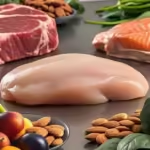


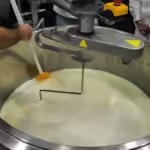

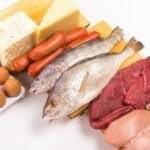
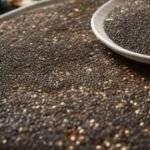
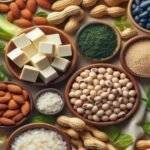
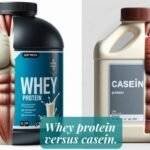






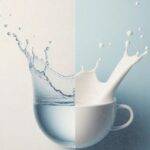

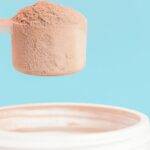


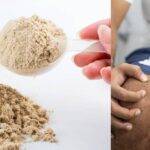

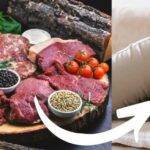
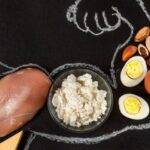

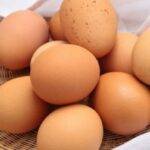
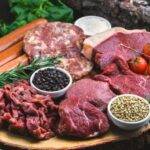

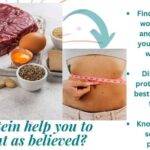




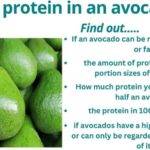
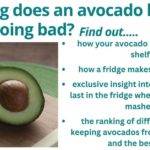
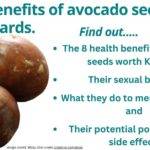
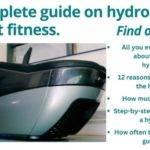

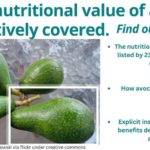
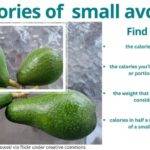
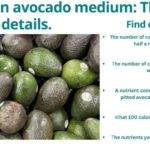
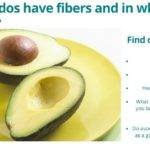
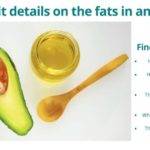

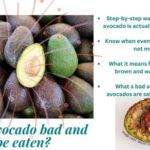

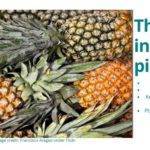

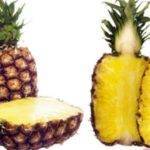
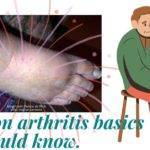
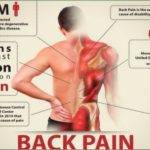
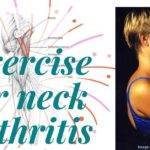

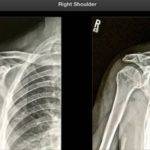

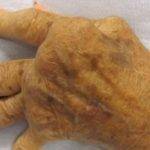

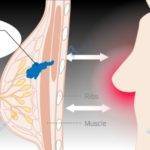
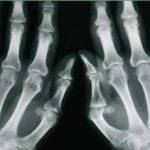
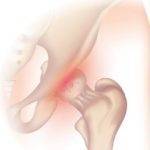
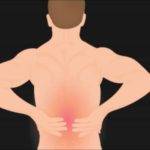
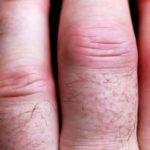

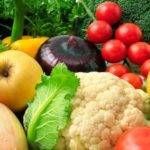


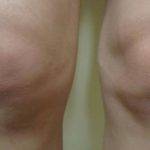

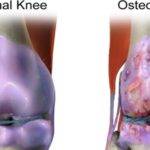
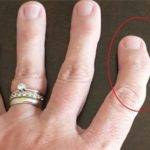
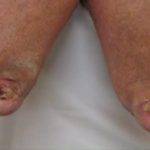
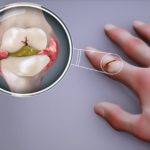












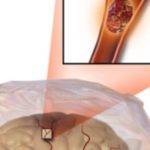
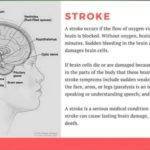
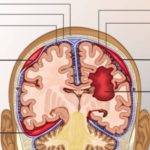
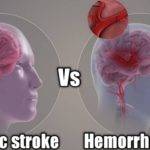
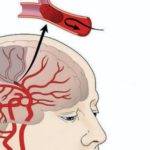


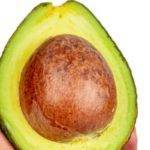
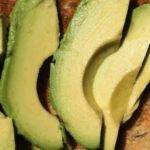


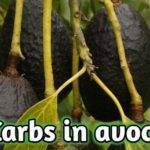






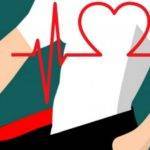
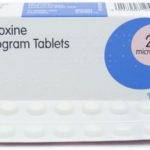
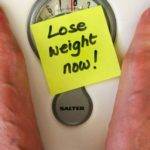

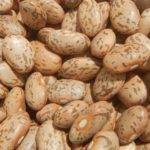
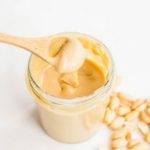
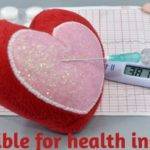

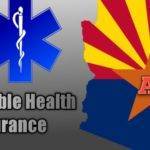





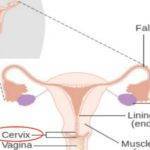
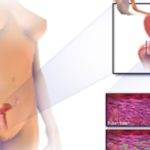
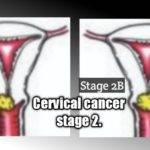
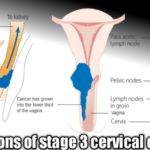
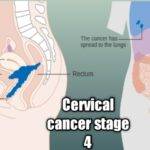
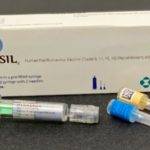


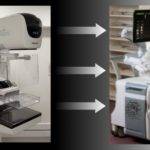
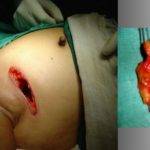

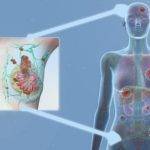

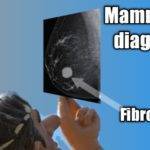
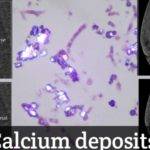

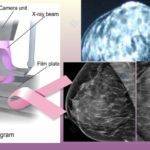
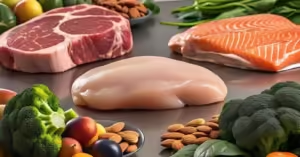



Hey there just wanted to give you a quick heads up. The text in your content seem to be running off the screen in Safari. I’m not sure if this is a formatting issue or something to do with browser compatibility but I thought I’d post to let you know. The layout look great though! Hope you get the problem resolved soon. Many thanks
I went over this web site and I think you have a lot of good info , saved to my bookmarks.
I really appreciate your content. The article is really thorough. I am going to bookmark your site and keep checking for new information.
Precisely what I was searching for, thank you for putting it up.